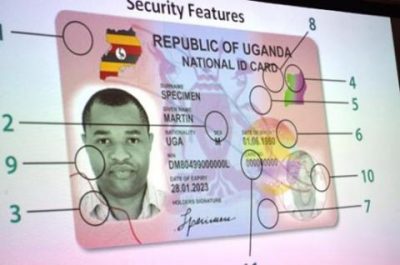The National ID Number (NIN) Project aims to build an interdisciplinary body of knowledge on national identification numbers, examining their necessity, benefits, challenges, feasibility, and implications. Like other UN, The World Bank, International Monetary Fund (IMF) projects, etc. These project will influence the practical spheres of policymaking and program implementation.
These National ID programs are also the opportunity to create a secure digital identity for each cardholder.
These secure electronic identity cards generally referred to as eID cards, or simply eID’s are opening the gate to secure and trusted online services.
The most common applications for these smart cards are smart to travel documents, electronic IDs, electronic signatures, municipal cards, key cards used to access secure areas or business infrastructures, social security cards, etc.
As the leading provider of secure, tailor-made ID solutions, Thales can help governments improve security and deploy electronic applications to offer better public services and cut administration costs.
Our expertise in numerous government ids worldwide can also help accelerate the dynamics of your national digital framework of trust.
The eID card solutions increase citizen protection, contribute to better control immigration, and offer an effective means of ID checking such as biometric authentication, using security that is always one step ahead.
Thales offers a variety of secure eID cards with a range of professional solutions for a complete solution, including ID verification software and smart ID scanners, which can be delivered as individual systems or using a managed service option.
An identification system sets a foundation on which citizens can claim their entitlements – their right to name, nationality, recognition before the law, civic participation, and improved access to services. Identification systems can also help states strengthen their capacity to develop and deliver services.
Stakeholders around the world recognize the need for effective policies to close the identification gap. The World Bank, UNICEF, and UNHCR, among others, have focused on improving legal identity mechanisms. This focus is reflected in the push to include an identification target in the post-2015 development agenda.
More and more governments are using or exploring the use of national identification numbers, recognizing their potential as an effective tool of governance. India, Nepal, Norway, Brazil, and Nigeria have energetically adopted universal national identification in various forms. To date, over 100 countries have introduced an ID system.


